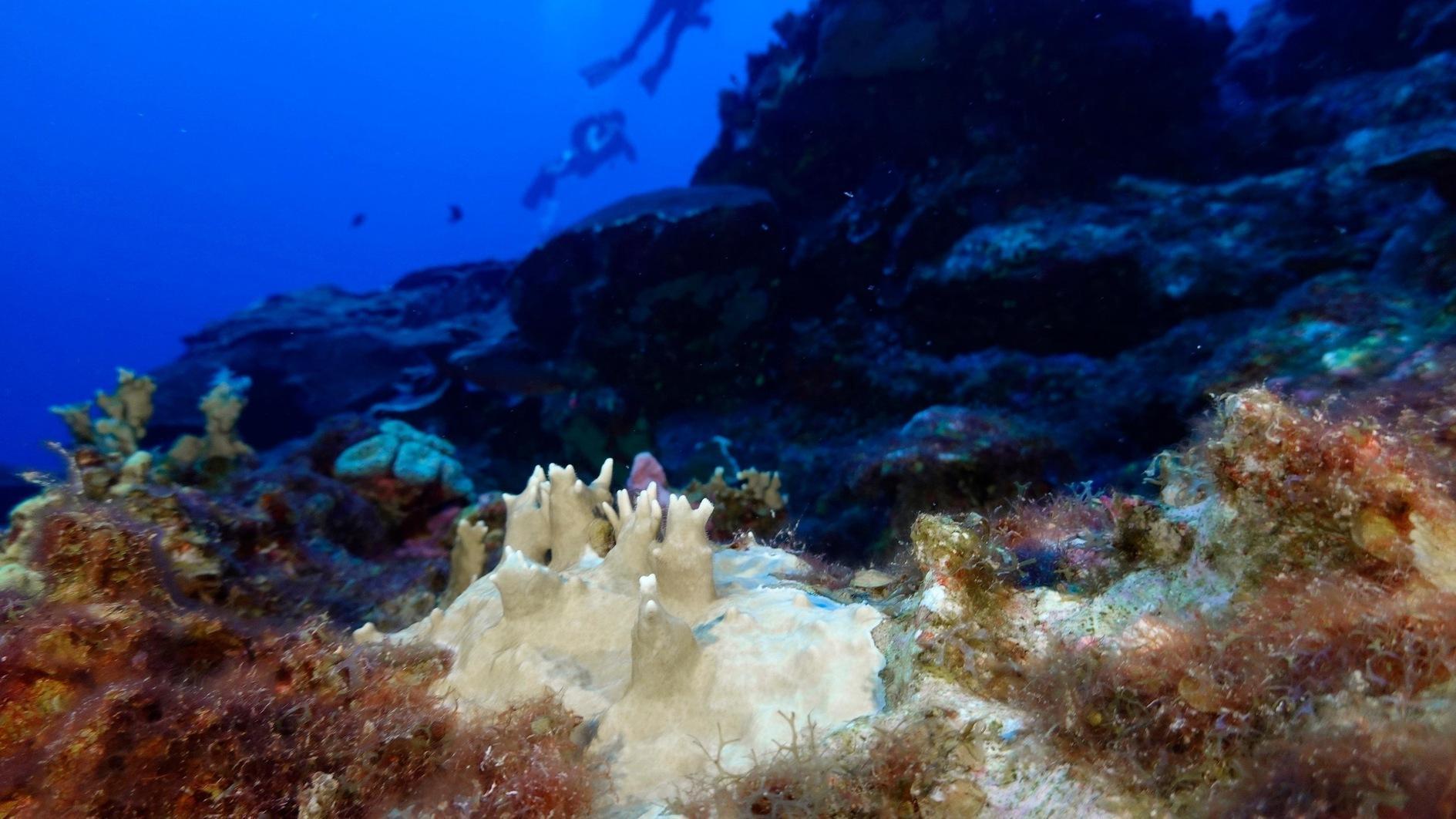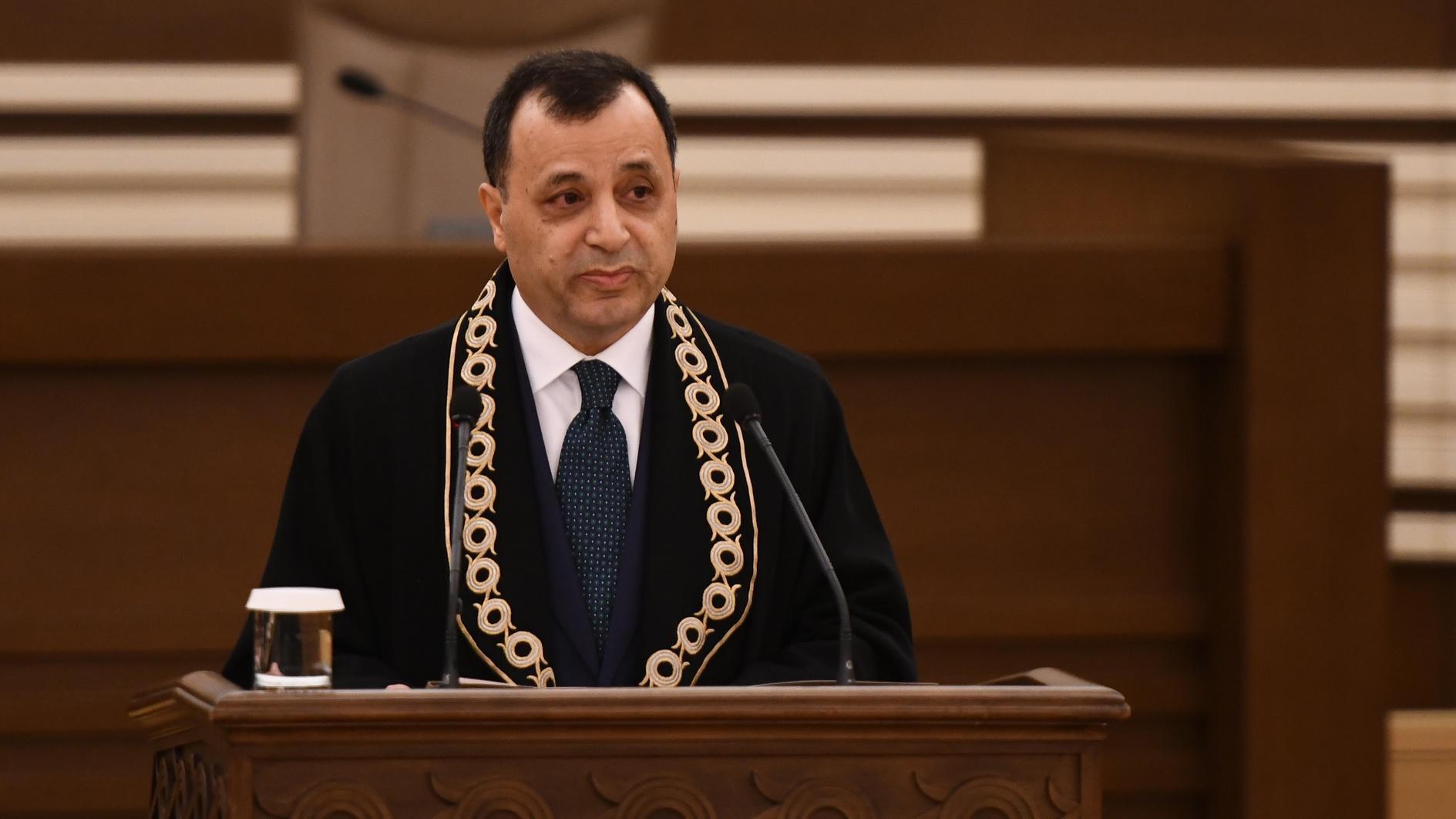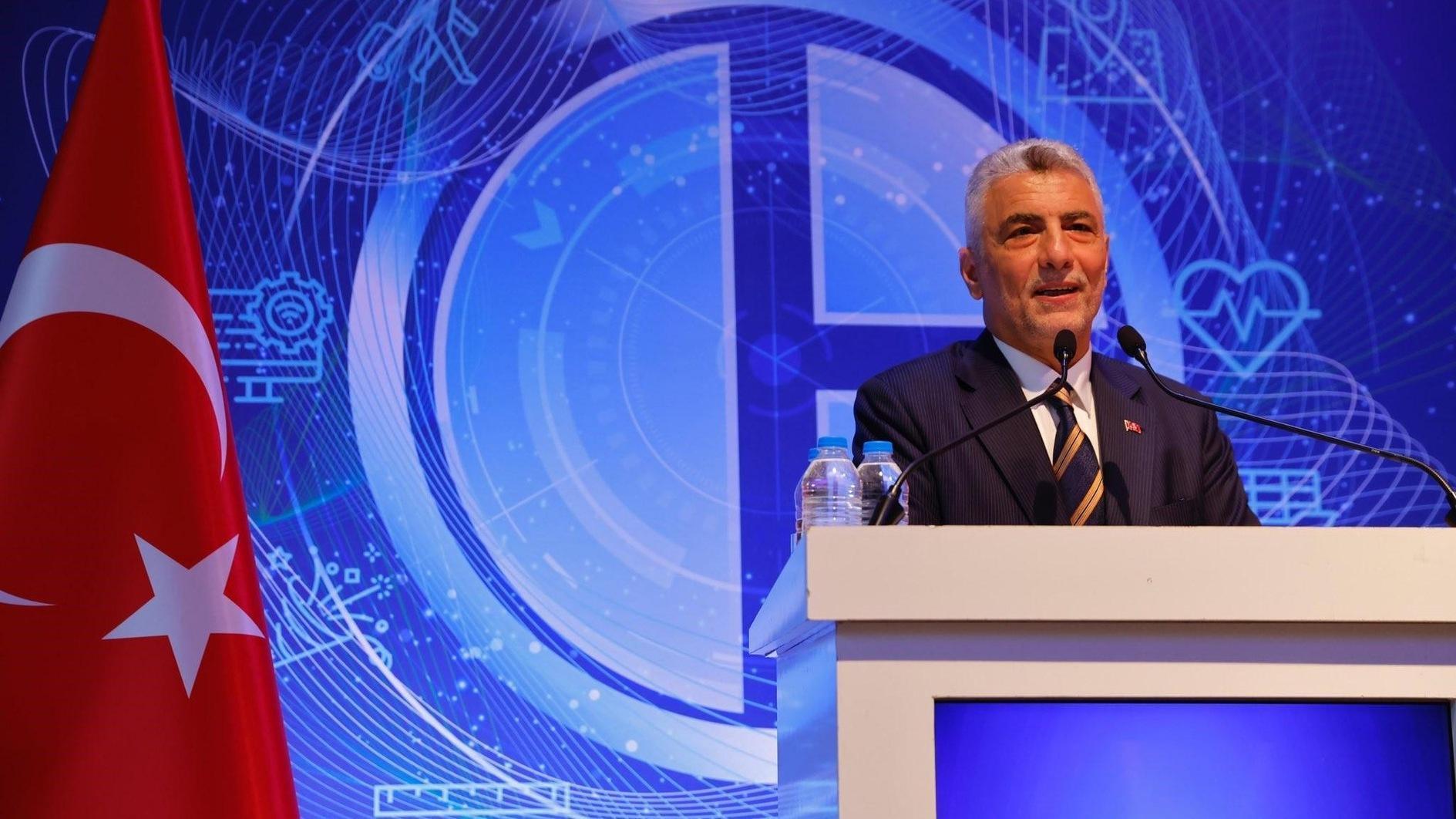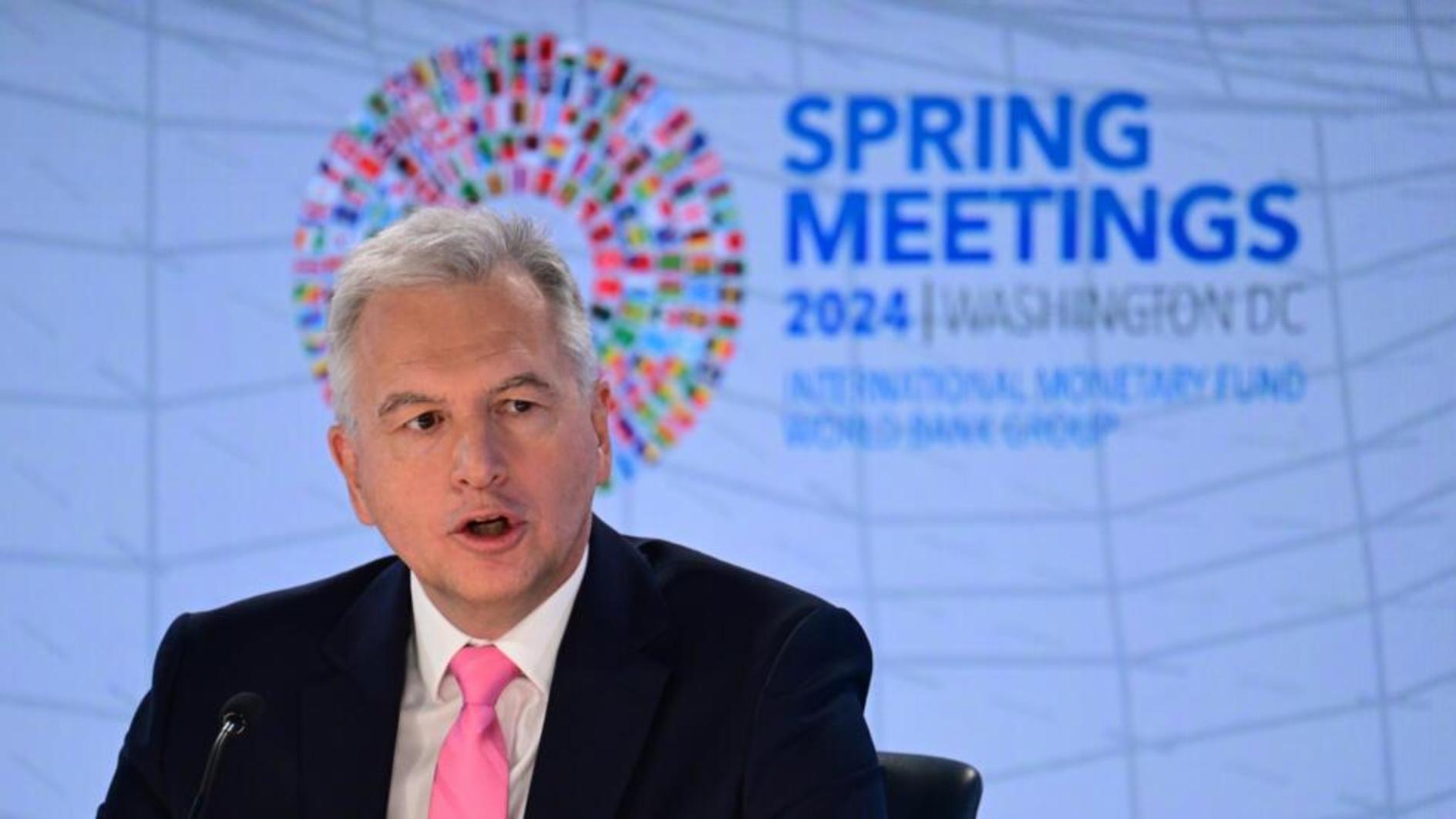Getting the Turkish-Russian normalization right
This fact might not be known to many in the West: The roots of Turkey’s steel and iron industry go back to Turkish-Russian cooperation in the late 1960s and early 1970s. It might come as a surprise that it was the Russians who built the iron and steel plant in İskenderun which continues to this day to be Turkey’s largest steel producer.
That happened at the height of the Cold War, when Turkey was a front line NATO state against communist Russia.
The petrochemical plant that has lived to this day in Aliağa, İzmir, was also the result of Turkish-Russian cooperation. In fact, Turkey was the top recipient country outside of the Warsaw Pact of Russian economic and technical assistance during the Cold War.
Why? Firstly, because political relations started to sour between Turkey and the West as the Cyprus problem started to make itself felt in the mid-1960s. And second, despite Turkey’s appeal, the U.S. abstained from providing support to Ankara’s wish to develop its own heavy industry.
This is what I recalled when Prof. Güven Sak answered my question on the reasons why Turkish President Recep Tayyip Erdoğan’s first visit after the failed coup was to Moscow, which is planned for today.
“There are two governance systems competing in the world. One is Western democracy, the other is the one represented by Russia, Iran and China which gives more priority to the economy and less importance to fundamental freedoms,” I told Sak, asking him whether this visit would consolidate an image of Turkey joining a club of authoritarian leaders.
“In order to understand how this rapprochement started, you have to look for instance at the employment level in Antalya,” said Sak, adding that the employment level in Antalya between April 2015-April 2016 dropped by 52 percent.
Indeed. I am not sure someone like Erdoğan would have apologized for the downing of the Russian plane on the Syrian border on Nov. 25, 2015, had Russian sanctions not started to seriously hurt several sectors in Turkey, especially the bread and butter businesses.
And I am not sure whether Erdoğan is any longer fond of Russian President Vladimir Putin, as he was taken by surprise by the harsh reaction from the Kremlin. By now he must have understood that the downing of the plane was the last drop on Russian discontent about Turkey’s Syrian policies.
And also let’s not forget that Turkey has asked for NATO’s support in any possible collision course with Moscow; in fact asking for a higher NATO military presence in the Black Sea, something it had resisted until recently.
So I suggest these factors are taken into consideration by those who are preparing to write their analysis with sexy headlines such as “Rapprochement of the two authoritarian leaders.”
And let’s also not forget that, ironically, it was the authoritarian leaders of Russia, Iran and China who voiced support and appreciation for Turkey successfully passing a test of democracy by averting a military coup, rather than the democratic West.
“Our relations with Russia are not an alternative to other relations,” Deputy Prime Minister Mehmet Şimşek told me recently. “We have multi-dimensional relationships. We are a member of NATO, we are an EU accession candidate; we would like to have a prosperous, stable Middle East; we want Africa to rise again; and we want to be part of all these stories and we want to play a constructive role.”
The focus will be quick normalization of relations, according to Şimşek, who had visited Moscow before Erdoğan.
“Russia is a very important neighbor and partner. We need to go back to pre-November 25th [2015]. We want to see the start of charter flights and an ease on the visa requirements, on restrictions on what Turkish business can do in Russia and on restrictions on Turkish exports,” he said.
Obviously talks will not be limited to just economic issues and certainly involve a review on the situation in Syria. And this might not be bad at a time when Russia and America are closing the gap on their Syrian policies.











